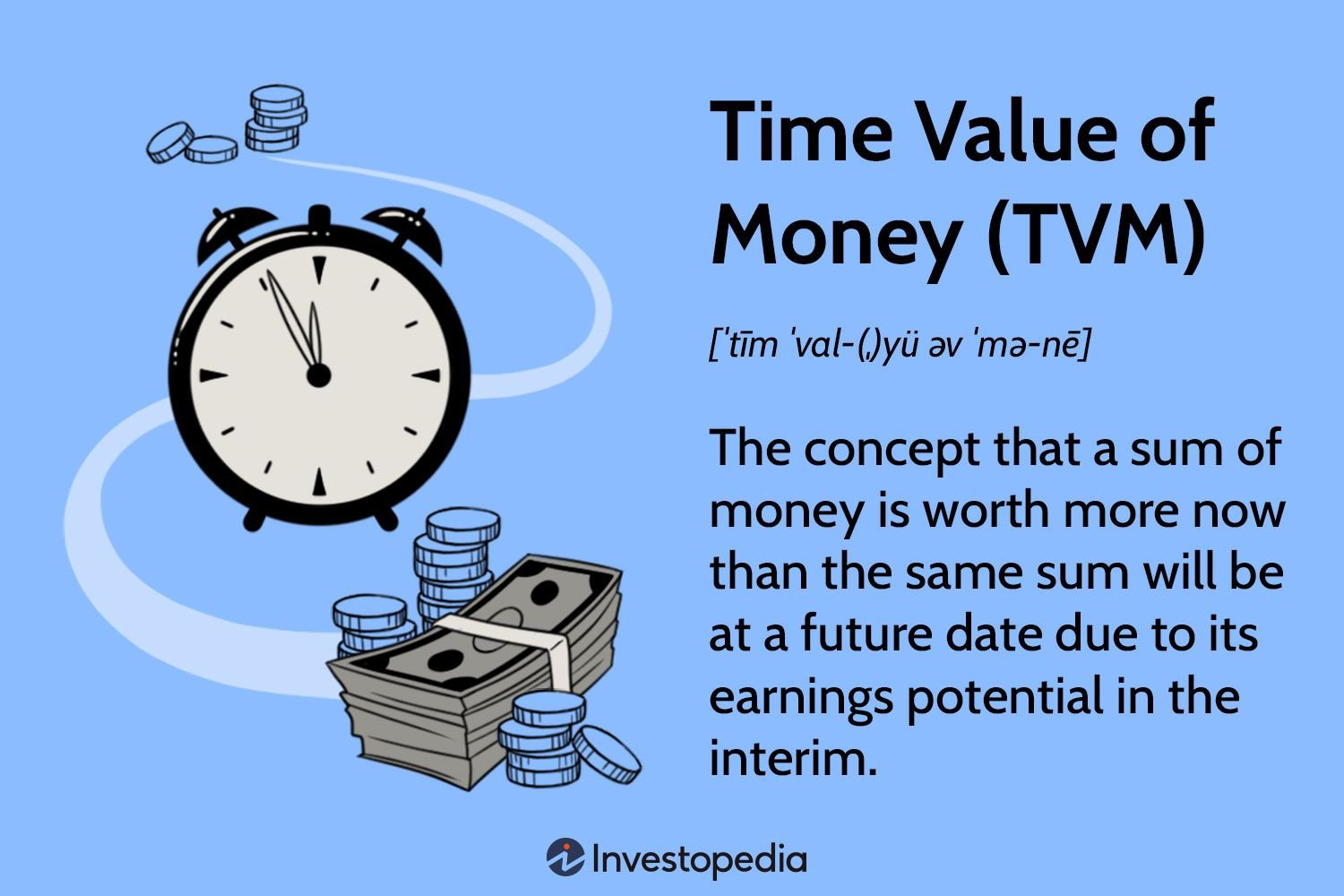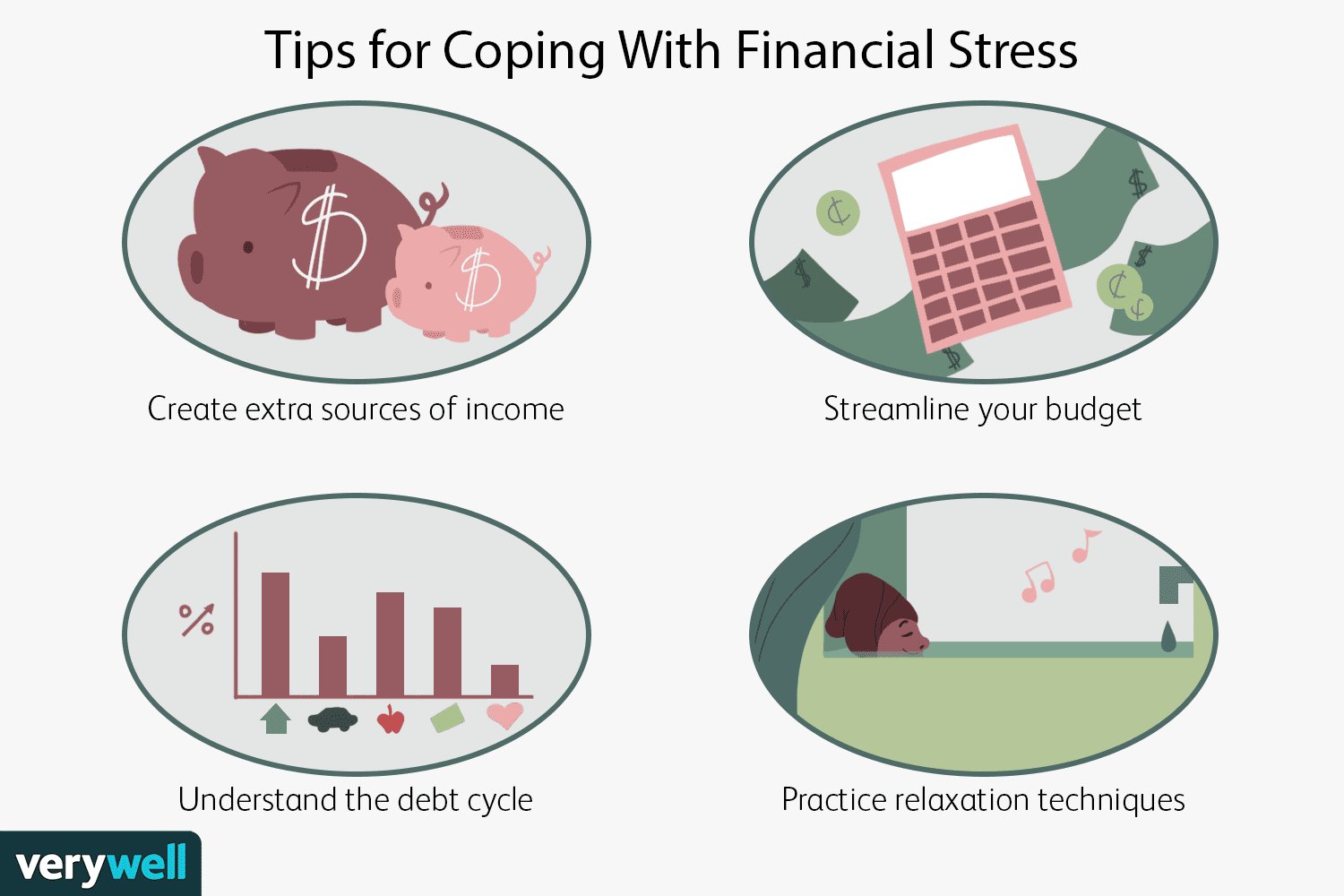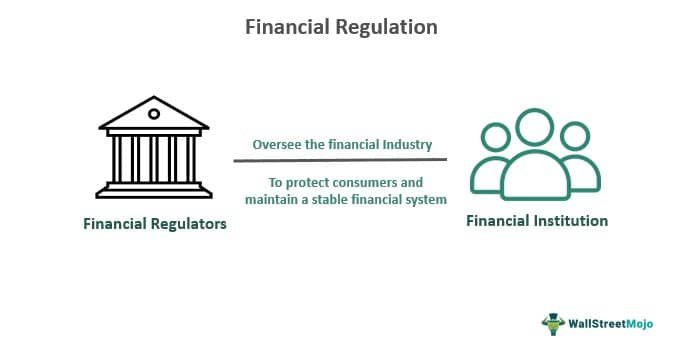Understanding the time value of money is crucial for making informed financial decisions. So, what exactly is the time value of money? It is the concept that money available today is worth more than the same amount of money in the future due to its potential to grow or earn interest over time. Essentially, it highlights the importance of considering the opportunity cost of money and the impact of inflation. In this blog article, we will delve deeper into this concept and explore how it can help you make smart financial choices. Let’s get started!
Understanding the Time Value of Money
Introduction
Money is a critical aspect of our lives, and understanding how it works and grows over time can greatly impact our financial decisions. One concept that plays a vital role in personal finance is the time value of money. The time value of money is the idea that a dollar today is worth more than a dollar in the future due to its potential to grow through investments and earn interest. In this article, we will delve into the concept of the time value of money, exploring its significance, the factors influencing it, and how it affects various aspects of personal finance.
What is the Time Value of Money?
The time value of money is rooted in the principle that money has the ability to earn returns over time. When you invest or save your money, it has the potential to grow through compound interest, capital gains, or other investment returns. Therefore, a dollar received today is worth more than a dollar received in the future because of its potential to generate additional income over time.
Factors Affecting the Time Value of Money
Several factors influence the time value of money, including:
1. Interest rates: The prevailing interest rates impact the value of money over time. Higher interest rates mean your money can grow faster, increasing its time value.
2. Inflation: Inflation erodes the purchasing power of money over time. As prices rise, the value of a dollar decreases, reducing its time value.
3. Risk: The level of risk associated with an investment affects its potential returns. Riskier investments may offer higher returns but also come with the possibility of losing money.
4. Time horizon: The length of time an investment has to grow affects its value. The longer the time horizon, the greater the potential for compound growth and increased time value.
How Does the Time Value of Money Impact Personal Finance?
Understanding the time value of money is crucial for making informed financial decisions. Here are some areas where it significantly impacts personal finance:
Saving and Investing
Recognizing the time value of money can motivate individuals to start saving and investing early. By putting money aside and allowing it to grow over time, individuals can harness the power of compounding and increase their wealth. Here’s how the time value of money affects saving and investing:
1. Retirement savings: Saving for retirement is a long-term goal for many individuals. The time value of money emphasizes the importance of starting early and consistently contributing to retirement accounts. By doing so, individuals can take advantage of compounding returns and ensure a comfortable retirement.
2. Investment decisions: When considering investment opportunities, understanding the time value of money helps evaluate the potential returns and risks involved. It enables individuals to compare different investment options and make informed decisions based on their financial goals and risk tolerance.
Loans and Debt
The time value of money also influences borrowing and debt management. When individuals take out loans or have debt, they need to consider the impact of interest rates and the value of their repayments over time. Here’s how the time value of money affects loans and debt:
1. Loan repayments: Individuals borrowing money must repay not only the principal amount but also the interest charged by the lender. The time value of money highlights that the interest on loans makes the total repayment higher than the initial borrowed amount.
2. Debt management: Recognizing the time value of money can help individuals prioritize their debt repayments. They can strategize paying off high-interest debts first to minimize interest payments over time.
Investment Evaluation
When evaluating investment opportunities, understanding the time value of money is essential for estimating potential returns and risks. Here are key aspects influenced by the time value of money when assessing investments:
1. Present value: The time value of money is used to calculate the present value of future cash flows. By discounting future cash flows to their present value, individuals can determine the worth of an investment today.
2. Net present value (NPV): NPV quantifies the profitability of an investment by comparing the present value of expected cash inflows with the present value of cash outflows. Understanding the time value of money is crucial when calculating NPV to make informed investment decisions.
The time value of money is a fundamental concept in personal finance that plays a crucial role in decision-making. Recognizing that money has the potential to grow over time through investments and interest helps individuals make better choices regarding saving, investing, and borrowing. By understanding the factors influencing the time value of money and how it impacts different aspects of personal finance, individuals can make informed financial decisions to secure their financial future. Embracing the power of compounding and making the most of the time value of money can lead to long-term financial success.
Time value of money | Interest and debt | Finance & Capital Markets | Khan Academy
Frequently Asked Questions
Frequently Asked Questions (FAQs)
What is the time value of money?
The time value of money refers to the concept that money available in the present is worth more than the same amount of money in the future. This is due to the potential earning capacity of money over time.
Why is understanding the time value of money important?
Understanding the time value of money is crucial for making informed financial decisions. It helps individuals and businesses evaluate the potential returns and risks associated with various investment options, loans, or savings plans.
How does compounding affect the time value of money?
Compounding plays a significant role in the time value of money. It occurs when earnings or interest on an investment are reinvested, leading to exponential growth over time. This means that the value of money can increase significantly when compounded over multiple periods.
What is the difference between present value and future value?
Present value refers to the current worth of a future sum of money, taking into account the time value of money. It is the amount that would be needed today to accumulate a specific amount in the future. Future value, on the other hand, represents the amount an investment will grow to in the future, considering compounding.
How can I calculate the time value of money?
There are various formulas and financial calculators available to calculate the time value of money. The most common methods include present value calculations, future value calculations, and annuity calculations. These calculations consider factors such as interest rate, time period, and cash flows.
What is the role of interest rates in the time value of money?
Interest rates play a crucial role in the time value of money. Higher interest rates increase the value of money in the future and decrease the present value. On the other hand, lower interest rates reduce the future value and increase the present value. The rate of return or interest rate is a key determinant in financial decision-making.
How does inflation affect the time value of money?
Inflation erodes the purchasing power of money over time, reducing its value in the future. Therefore, inflation must be considered when evaluating the time value of money. It is important to adjust the interest rate or cash flows for inflation to accurately assess the real value of money.
Why is discounting used in the time value of money?
Discounting is used in the time value of money to determine the present value of future cash flows. By discounting future cash flows, you can calculate the amount of money that should be invested today to achieve a specific return. Discounting helps in assessing the value of an investment opportunity and making informed decisions.
Final Thoughts
Understanding the time value of money is crucial in making informed financial decisions. By recognizing the concept that money today is worth more than the same amount of money in the future, individuals can effectively plan for their financial goals. Whether it is investing, saving, or borrowing, considering the time value of money allows individuals to make better decisions regarding interest, inflation, and the opportunity cost of money. This understanding helps individuals assess the potential returns and risks associated with various financial choices. Overall, grasping the time value of money empowers individuals to make sound financial choices that align with their long-term goals.



